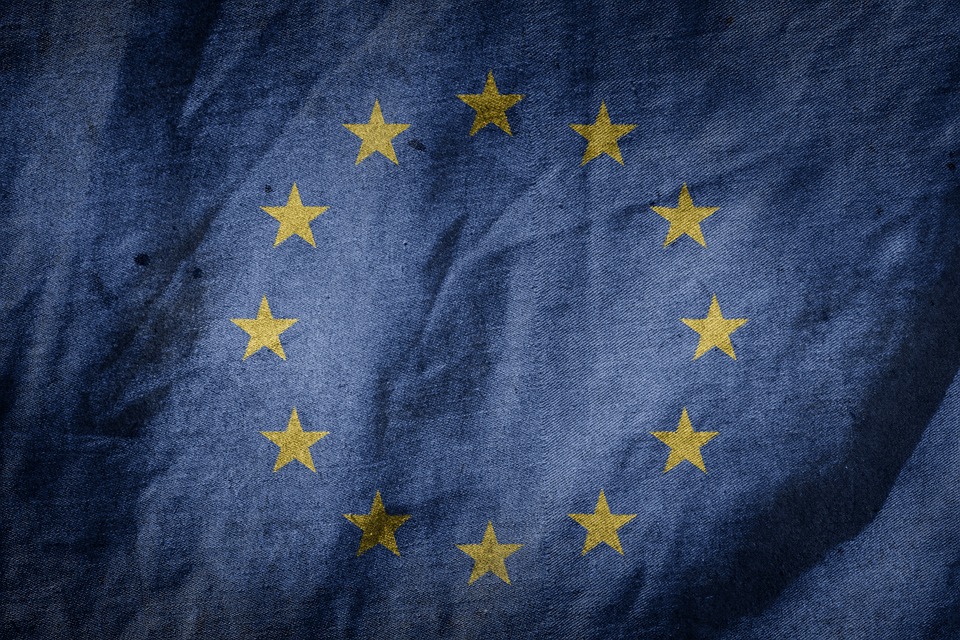Digital companies engaged in Brussels are currently in a unique position to shape the European Union’s policy for the next five years.
As the current European Commission prepares to step down and hand over incomplete files to the next one, civil servants and the Cabinet of President-elect Ursula von der Leyen are busy drafting and polishing new proposals on the EU’s digital direction. Official and leaked proposals have been floated around for some months now, but none are more controversial than the mid-August European Commission draft “Proposed Priorities” document. While the Commission was quick to dismiss this document as “not mature enough”, several of its provisions are tellingly in line with other proposals Access Partnership saw this year.
What will be in store for digital companies for the next five years, and what strategy should they take to engage with the decision-making process?
AI regulation
The European Commission has promised some manner of artificial intelligence regulation within the next year. The plan to pass “clear and simple EU-wide rules” was set out in a July draft working document and echoed in the then-Presidential candidate Ursula von der Leyen’s promise to Parliament. The Commission hopes to set a global standard on how to regulate AI. Ethical AI is bound to feature prominently and is already the focus of the guidelines from the EU High Level Expert Group on AI.
As technology companies turn to AI solutions for their products in an increasing range of sectors, they should be prepared to react to any new European legislative frameworks and do so as a matter of the utmost priority. Engaging with the Commission now to ensure the appropriate tone and accurate scope of the draft legislation will make the text easier to work with once in force.
Cybersecurity
Cybersecurity will be the central part of the next Commission’s working programme. Emboldened by the far-reaching implications of the GDPR and recognising that the EU is lacking in cybersecurity coordination, the Commission will turn to regulating the crucial aspect of digital policy. As a first step, it will be looking to develop technical certification schemes in the context with the recently passed Cybersecurity Act and in close cooperation with the EU’s cybersecurity agency ENISA. Secondly, the Commission will be working with industry to identify why the uptake of certain voluntary schemes has been slow and how to improve it – which could potentially lead to hard regulation in the future.
This is a key moment for digital companies to share best practice with the EU institutions and demonstrate that they are cybersecurity champions and partners. Companies should prioritise meeting with new Members of the European Parliament as well as the European Commission to encourage cooperation over the next five years and mitigate any risks or unintended consequences associated with the proposed legislation.
Intermediary liability
Under a draft Digital Services Act, the Commission is considering reviewing the 2000 e-Commerce Directive, which enshrines the principle that platforms are not liable for the content hosted on their sites which they do not monitor in practice. This may now be subject to change, with regulation proposed to place an obligation on online platforms to have a “duty of care” for content hosted and shared on their sites.
If this proposal sees the light of day next year, it may well be the legacy of the next European Commission, and the next big battle in Brussels. While it is in the drafting stage, companies should be actively engaging to put their suggestions and arguments – both in favour and against – across.
Europe first
There is an inherent dichotomy in how the European Commission plans to approach future digital policy. On one hand, it recognises and aims to increase innovation across different sectors, promoting emerging technologies and digitising “traditional” areas such as agriculture. At the same time, there is an evermore solid protectionist trend emerging. Over the past five years an increase in “Europe-first,” “buy European” and “sovereignty” discourse has made its way into the Commission, Parliament and in some cases, speeches, guidelines and draft legislation of member states. This trend is only set to increase, with proposed Commission strategies explicitly referencing an over-reliance on American and Chinese technologies and the need to develop European solutions.
For non-European digital companies, this presents an opportunity to engage with policy-makers on a wider set of issues than ever before. At the same time, it will almost certainly make it increasingly difficult to do business in Europe as “non-European” technologies are pushed out of procurement markets. The only way these risks can be mitigated is by acting swiftly and focusing on building trust.
How should digital companies engage?
Brussels is in the unique position in the five-year legislative cycle when policy-makers are open to conversation and suggestions. The Commission is preparing the next work programme and MEPs are looking for policy priorities for their new legislative term. New MEPs with a background or interest in tech policy could become digital champions for the next five years.
Companies should be using this “clean sheet” opportunity to set up meetings in Brussels as soon as the institutions are back in full swing at the beginning of September. Stakeholders will be clamouring for air time with decision-makers; public policy departments should prioritise Brussels engagement or risk missing out on creating partnerships, identifying champions, and putting their messages across when it is most effective – in the very draft of forthcoming legislation.
One trend is for certain – it will be a busy autumn, kicking off an even busier five years for European digital policies.
Author: Simona Lipstaite, Public Policy Manager, Access Partnership





